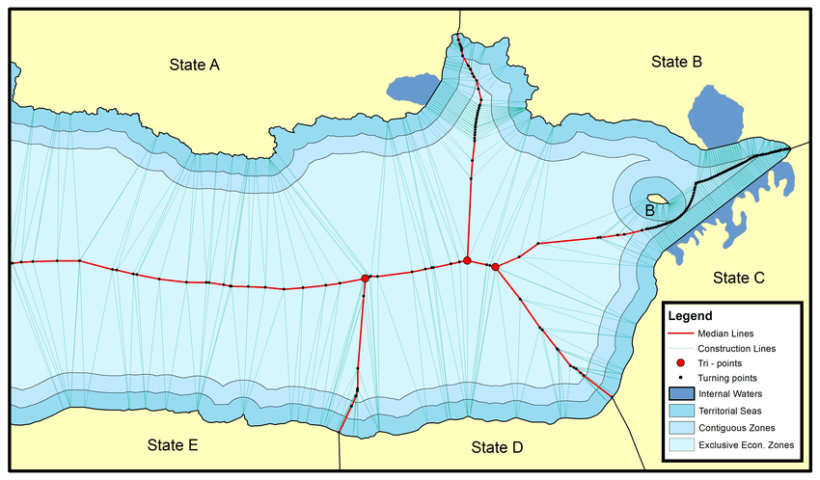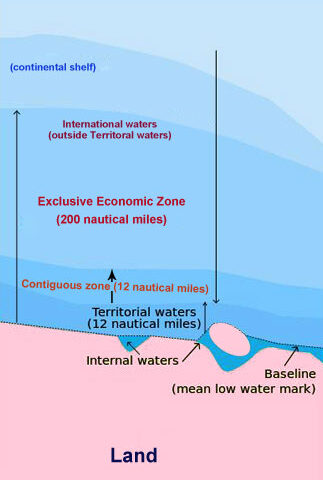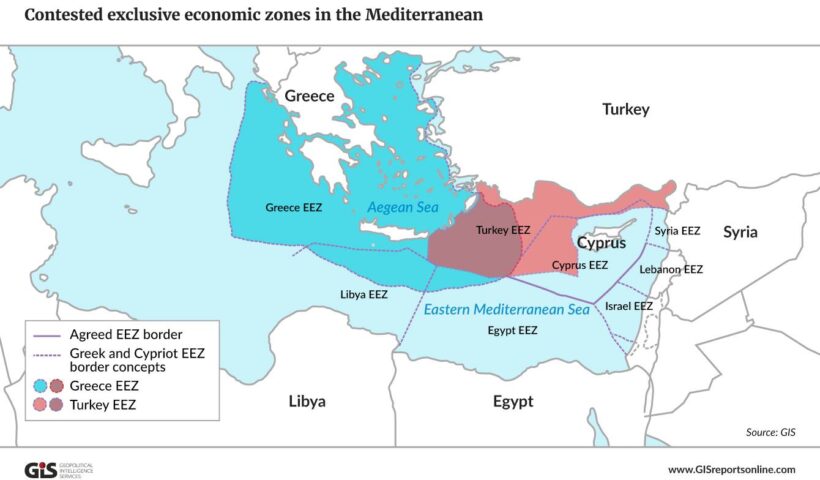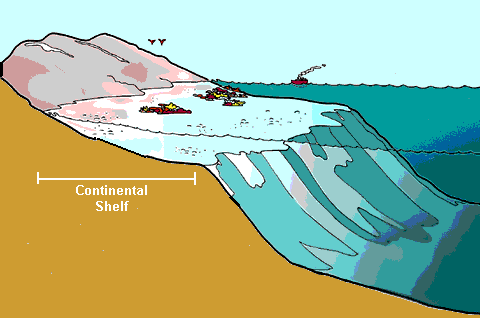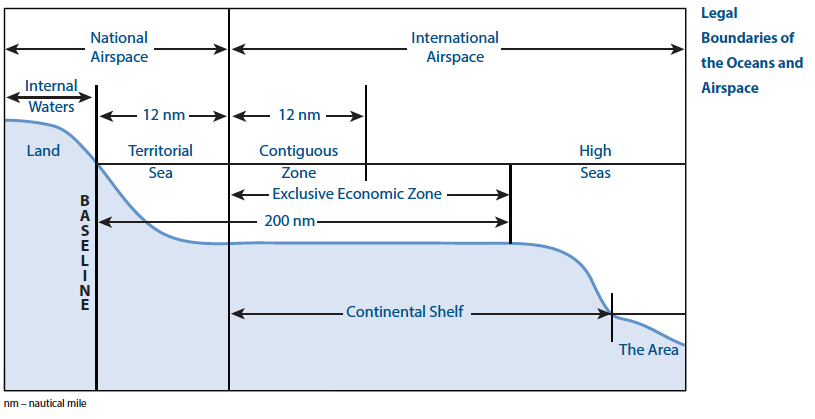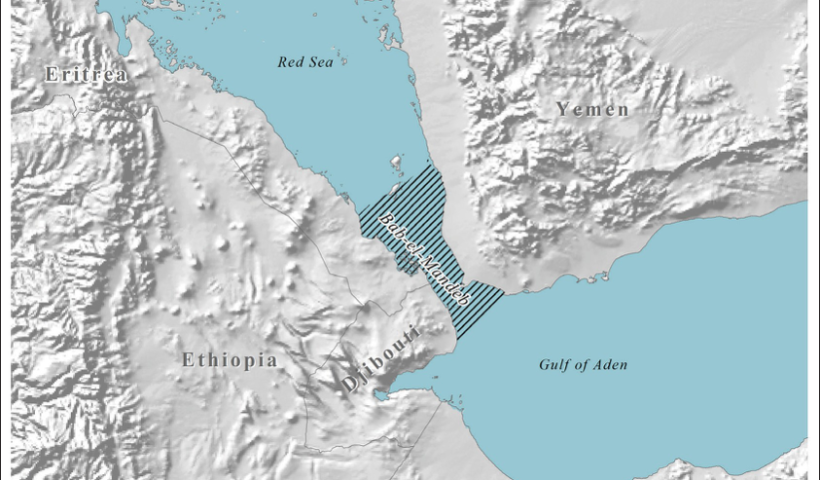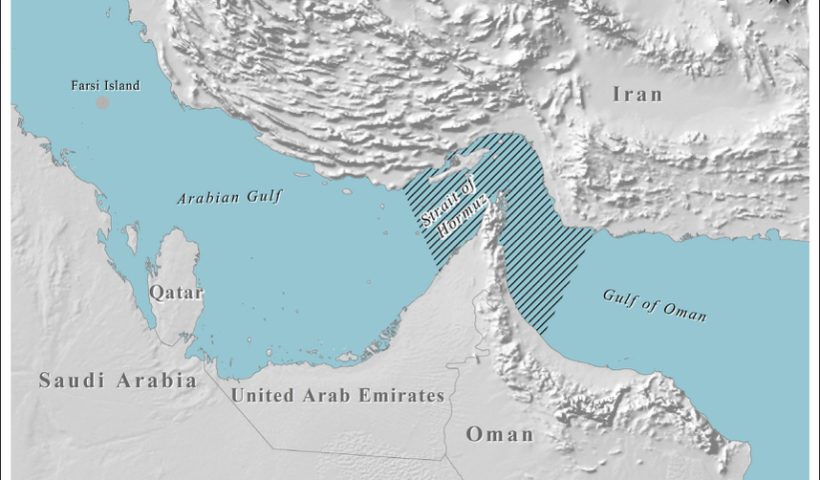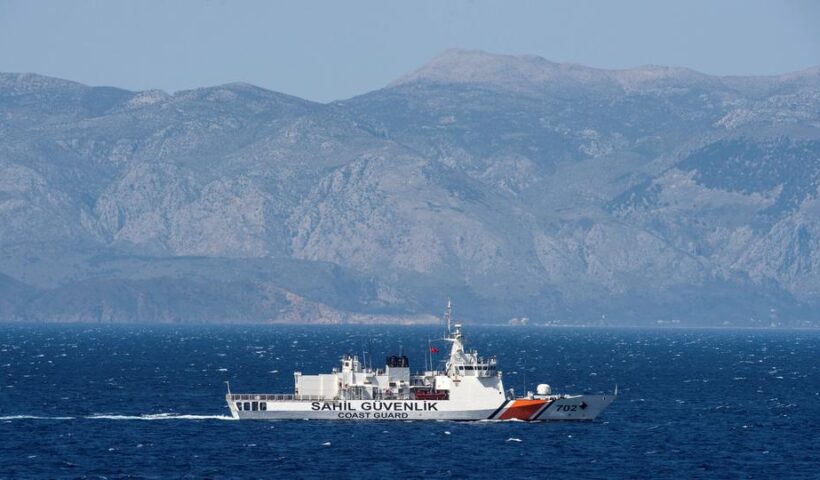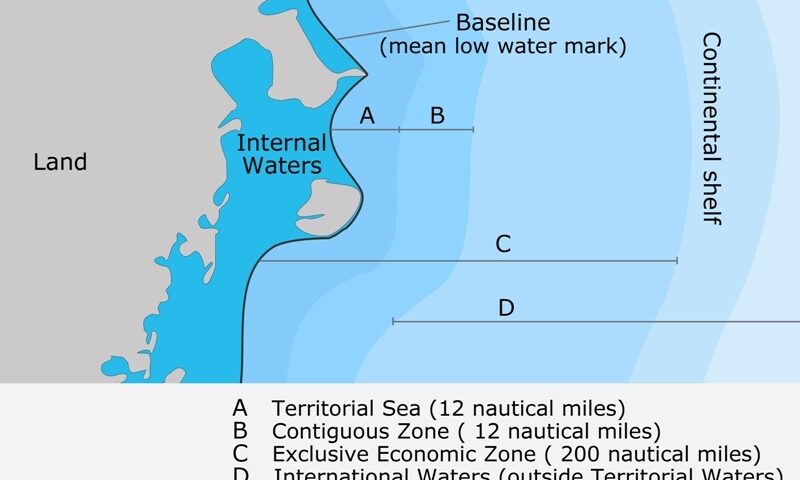“Coastal State” is a State from whose coast or baselines the breadth of the territorial sea is measured, those baselines being determined in accordance with UNCLOS Articles 5–7, 9–10 and 47. what is the meaning of “Coastal State” in law of the sea, LOSC and customary international law, coastal State, coastal State obligations with respect to innocent passage, land-locked State, What is a coastal state under Unclos?, What is coastal state control?, What is the coastal state?, what is the meaning of “Coastal State” in law of the sea, Where is the coastal state?
View More what is the meaning of “Coastal State” in law of the sea, LOSC and customary international lawTag: coastal State
what is the meaning of “Coast” in law of the sea, LOSC and customary international law
what is the meaning of “Coast” in law of the sea, LOSC and customary international law, coastal State, low-water lines, margin of land, What are the principles of the Law of the Sea?, What is maritime law of the sea?, what is the meaning of “Coast” in law of the sea?, what is the meaning of “Coast”?
View More what is the meaning of “Coast” in law of the sea, LOSC and customary international lawCan a Coastal State Conduct Marine Scientific Research in the Disputed Areas Without Consent from the Other Coastal State?
Can a Coastal State Conduct Marine Scientific Research in the Disputed Areas Without Consent from the Other Coastal State?, Aegean Sea Continental Shelf Case, Article 245 of the LOSC, Article 246 of the LOSC, Chinese exploration activities in the East China Sea, coastal State, East China Sea, exclusivity of knowledge, Greece, ICJ, ICSU, ILC, International Council of Scientific Union, International Law Commission, LOS Convention, Research in the Disputed Areas, sea-bed, sea-bed and subsoil of the continental shelf, seismic exploration, turkey
View More Can a Coastal State Conduct Marine Scientific Research in the Disputed Areas Without Consent from the Other Coastal State?The Sovereign Rights of the Coastal State Over the Continental Shelf in law of the sea and customary international law
The coastal State exercises sovereign rights over the continental shelf for the purpose of exploring and exploiting its natural resources in accordance with Article 77(1). The principal features of sovereign rights can be summarised in six points:…The Sovereign Rights of the Coastal State Over the Continental Shelf in law of the sea and customary international law, coastal State, continental shelf, EEZ, inherent rights, LOSC, natural resources, non-living resources, Non-natural resources, Sovereign Rights
View More The Sovereign Rights of the Coastal State Over the Continental Shelf in law of the sea and customary international lawLegal Status of the EEZ at LOSC, law of the sea and customary international law
In short, unlike territorial sovereignty, the sovereign rights of the coastal State over the EEZ lack comprehensiveness of material scope. With respect to matters accepted by international law, however, the coastal State can exercise both legislative and enforcement jurisdiction over all people within the EEZ in an exclusive manner. The essential point is that the rights of the coastal State over the EEZ are spatial in the sense that they can be exercised solely within the particular space in question regardless of the nationality of persons or vessels. Thus the coastal State jurisdiction over the EEZ can be regarded as a spatial jurisdiction. Due to the lack of comprehensiveness of material scope, this jurisdiction should be called a limited spatial jurisdiction.. Legal Status of the EEZ at LOSC, law of the sea and customary international law, coastal State, EEZ, ITLOS, Legal Status of the EEZ, limitation ratione materiae, LOSC, ratione materiae, ratione personae, Sovereign Rights Over the EEZ
View More Legal Status of the EEZ at LOSC, law of the sea and customary international lawRights and Obligations of Coastal States Bordering Straits based on international law of the sea and customary international law
The coastal State has a right to adopt laws and regulations relating to transit passage through straits. Under Article 42(1), those laws and regulations involve:
(a) the safety of navigation and the regulation of maritime traffic, as provided in Article 41,
(b) the prevention, reduction and control of pollution, by giving effect to applicable international regulations regarding the discharge of oil, oily wastes and other noxious substances in the strait,
(c) with respect to fishing vessels, the prevention of fishing, including the stowage of fishing gear, and
(d) the loading or unloading of any commodity, currency or person in contravention of the customs, fiscal, immigration or sanitary laws and regulations of States bordering straits. States bordering straits are required to give due publicity to all such laws and regulations in accordance with Article 41(3).
Rights and Obligations of Coastal States Bordering Straits based on international law of the sea and customary international law, Article 43 of the LOSC, coastal State, Coastal States Bordering Straits, environmental protection, Great Belt case between Finland and Denmark, Legality of Creation of Bridges in International Straits, LOSC, MODUs, non-suspendable innocent passage, Torres Strait
The Obligations of the Coastal State Concerning Innocent Passage (treaties and customary international law)
In light of the importance of sea communication for all States, the LOSC places certain obligations upon the coastal State to ensure the interests of navigation in its territorial sea.
First, under Article 24(1) of the LOSC, the coastal State is obliged not to hamper the innocent passage of foreign ships and not to discriminate in form or in fact against the ships of any State or against ships carrying cargoes to, from or on behalf of any State.
Second, the coastal State is under the obligation to give appropriate publicity to any danger to navigation under Article 24(2). This obligation follows from the dictum in the Corfu Channel judgment.
Third, no charge may be levied upon foreign ships by reason only of their passage through the territorial sea pursuant to Article 26.. The Obligations of the Coastal State Concerning Innocent Passage (treaties and customary international law), Article 24(1) of the LOSC, coastal State, Corfu Channel judgment, Innocent Passage
The Rights of the Coastal State Concerning Innocent Passage (treaties and customary international law)
The Rights of the Coastal State Concerning Innocent Passage (treaties and customary international law), 22 and 25 of the LOSC, Article 28 of the LOSC, Articles 21, coastal State, coastal States, flag State, illicit traffic in narcotic drugs, immigration or sanitary laws, Innocent Passage, maritime traffic, navigational aids and facilities, prevention of infringement of the customs, protection of cables and pipelines, territorial sea
View More The Rights of the Coastal State Concerning Innocent Passage (treaties and customary international law)what is “The Right of Innocent Passage” in law of the sea and customary international law
The right of innocent passage through the territorial sea is based on the freedom of navigation as an essential means to accomplish freedom of trade. In his book published in 1758, Emer de Vattel had already accepted the existence of such a right. Subsequently, in the Twee Gebroeders case of 1801, Lord Stowell ruled that: ‘[T]he act of inoffensively passing over such portions of water, without any violence committed there, is not considered as any violation of territory belonging to a neutral state – permission is not usually required.’ It may be considered that the right of innocent passage became established in the middle of the nineteenth century. In this regard, the Report Adopted by the Committee on 10 April 1930 at the Hague Conference for the Codification of International Law clearly stated:
This sovereignty [over the territorial sea] is, however, limited by conditions established by international law; indeed, it is precisely because the freedom of navigation is of such great importance to all States that the right of innocent passage through the territorial sea has been generally recognised. what is “The Right of Innocent Passage” in law of the sea and customary international law, 1972 Convention on the International Regulations for Preventing Collisions at Sea, Article 17 of the LOSC, Article 19(2) of the LOSC, coastal State, coastal States, fishing activities, Innocent Passage, landing or taking on board of any aircraft, Lord Stowell, serious pollution, spying, territorial sea, The Right of Innocent Passage, Twee Gebroeders case, underwater vehicles
Baselines and Related Issues on the International law of the sea
The seaward limits of each jurisdictional zone are measured from baselines. Thus rules concerning baselines are of particular importance in the law. In particular, rules governing straight baselines and bays merit serious consideration. Furthermore, attention must be devoted to the legal status of islands and low-tide elevations because the existence of these maritime features may affect the seaward limits of marine spaces under national jurisdiction. (i) What are the rules governing baselines?
(ii) What are the problems associated with rules with regard to straight baselines?
(iii) What are the rules governing juridical bays in international law?
(iv) What is a historic bay and what are the elements of title to such a bay?
(v) What is the definition of an island?
(vi) What are the differences between islands, rocks and low-tide elevations? Baselines and Related Issues on the International law of the sea, baselines, coastal State, internal waters,International law of the sea, jurisdictional zones

